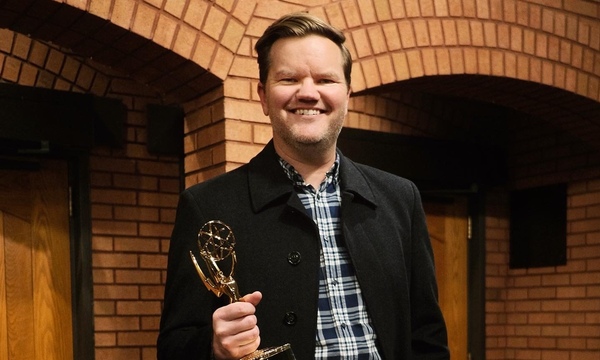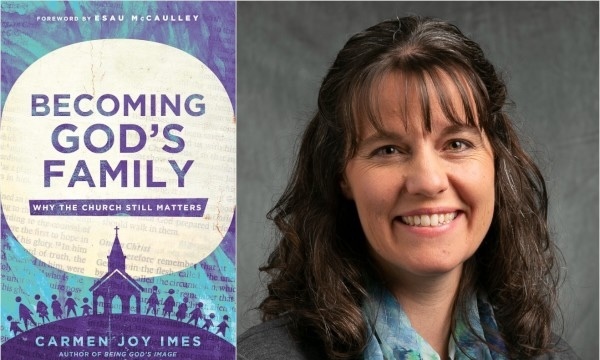Biola University's soon-to-be-completed new residence hall has officially been named William E. Blackstone Hall, a tribute to Biola’s first dean, who has been largely absent from accounts of the university’s history until recently. The renaming of the residence hall on the north side of campus, which had been tentatively titled North Hall, was approved by the Board of Trustees on May 8, 2015.
William E. Blackstone (1841–1935) was a successful Chicago businessman who gave away all his savings and luxurious home at midlife to devote himself fully to Bible teaching, global evangelism and writing.
His lifelong partnership with fellow Biola founder Lyman Stewart began in 1902 upon relocating from Chicago to Los Angeles. On Feb. 25, 1908, he was among the small group of evangelical leaders who met together in a prayer meeting for the founding of the Bible Institute of Los Angeles. Blackstone served the new Institute as a founding trustee, officer and first dean of the educational program.
Prior to his relocation to Los Angeles, Blackstone devoted himself to the Jewish people, founding the first mission for Jewish evangelism in the United States, the Chicago Hebrew Mission. Blackstone petitioned former President Benjamin Harrison in 1891 to help foster better cooperation between Jews and Arabs in Palestine. In 1913, Supreme Court Justice Louis Brandeis asked Blackstone to reissue that petition to President Woodrow Wilson; it was, in Brandeis’ view, the best expression of humanitarian compassion toward the persecuted Jewish refugees and their human rights claims for a secure national homeland.
In 1909, Blackstone began traveling widely throughout China, Korea, Burma, India, Persia, Mesopotamia, Palestine, Egypt, Turkey and Eastern Europe, identifying and paying for young Christian leaders to train in the gospel work at Biola to bring back to their countries.
Until his death in 1935, Blackstone continued to serve as an active trustee, helping Biola through many of its early challenges, and oversaw ministries in evangelism, rescue missions and urban ministries to dockworkers, homeless, factory workers and the Hispanic and Jewish communities. According to Biola historian and professor Paul Rood, Blackstone frequently closed his letters with the statement, “I am but an errand boy for Jesus.”
Rood profiled Blackstone in a Fall 2013 Biola Magazine article titled “The Forgotten Founder,” which noted that Biola’s historical materials have often erroneously referred to R.A. Torrey as the institution’s first dean.
Blackstone Hall, due to be occupied in the fall of 2015, will provide the least expensive rooms on campus, at $2,300 per semester for a standard room, and $2,600 per semester for a larger room.
“The rooms in North Hall will be the smallest rooms we have provided … 30 percent smaller than the average room provided to date,” said Brian Phillips, senior director of facilities management.
Selective walls in Blackstone’s lounge areas will be painted with whiteboard paint or will be tackable surfaces so students have an opportunity to paint or draw artwork as a form of expression, Phillips said.
“There will also be displays in the lounges of the building with wired connections and streaming technology that will allow students to collaborate on a project together,” he said.
 Biola University
Biola University
.jpg)

